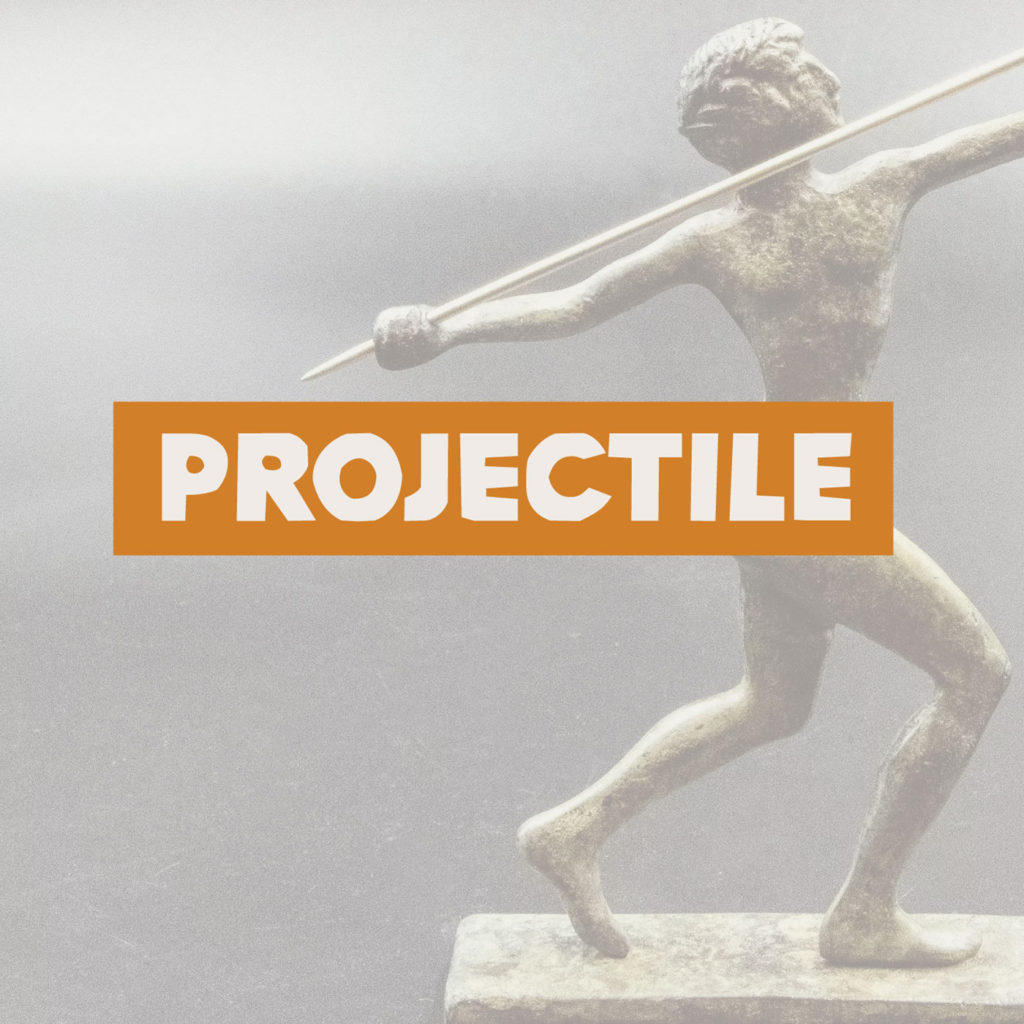
Coming Soon
The story of humanity is inextricably tied to the struggles of hunter and warrior. As we weave our collective story, the language we use is quite often an extended metaphorical expression of the hero’s journey, the pursuit of quarry, or of wars being waged. The obstacles between us and our goals are often characterized as enemies to be slain and conquered. The teachings of Sun Tzu are nowadays more likely to be used in the boardroom than on the battlefield.
Even as the stories and imagery we rely on to characterize our experiences are filled with peril and intrigue, the reality for an increasing number of us tells a different story. The world is safer than it used to be. In fact, by most measures this is the safest and most peaceful time to be alive in all of recorded history. For the developed world, the threat of predators or death at the hands of a rival tribe or nation is so minimal as to be insignificant. Hence, some people might make the assertion that brute physical strength, speed, athleticism, and familiarity with weaponry are no longer necessities, but vanities. On a surface level, there seems to be support for this assertion: the world around us is more cooperative and far less fraught with danger than that of our ancestors. However, it’s easy to get lulled into a false sense of security and forget that the visceral, raw, and ruthless nature of it all lies just barely under the surface. It’s when things go wrong that we see flashes of how the world really is. Car accidents, building collapses, fires, natural disasters, and violence; these are the types of things that pierce the veil of comfort and safety we have built as a modern society. Not so coincidentally, these are quite often the situations that call on our mastery of nature and the physical world at large to see us through and ensure our survival. We might even find ourselves relying on the strength and mastery of others when circumstances take a turn for the dangerous, or even deadly.
What was the key to survival for our clawless, fangless, slow, mid-sized human ancestors, huddled around their fires? They were intelligent to be sure – their cognition and problem-solving ability was already far beyond anything else on earth at the time. But that outsized pile of mush in their skulls offered no practical, tangible advantages over all the creatures with whom they were competing, or trying not to be eaten by. Anthropologists have long studied this question: what behaviors did humans develop, or what skills did they acquire that best leveraged the awesome computational power and adaptability of their brain?
